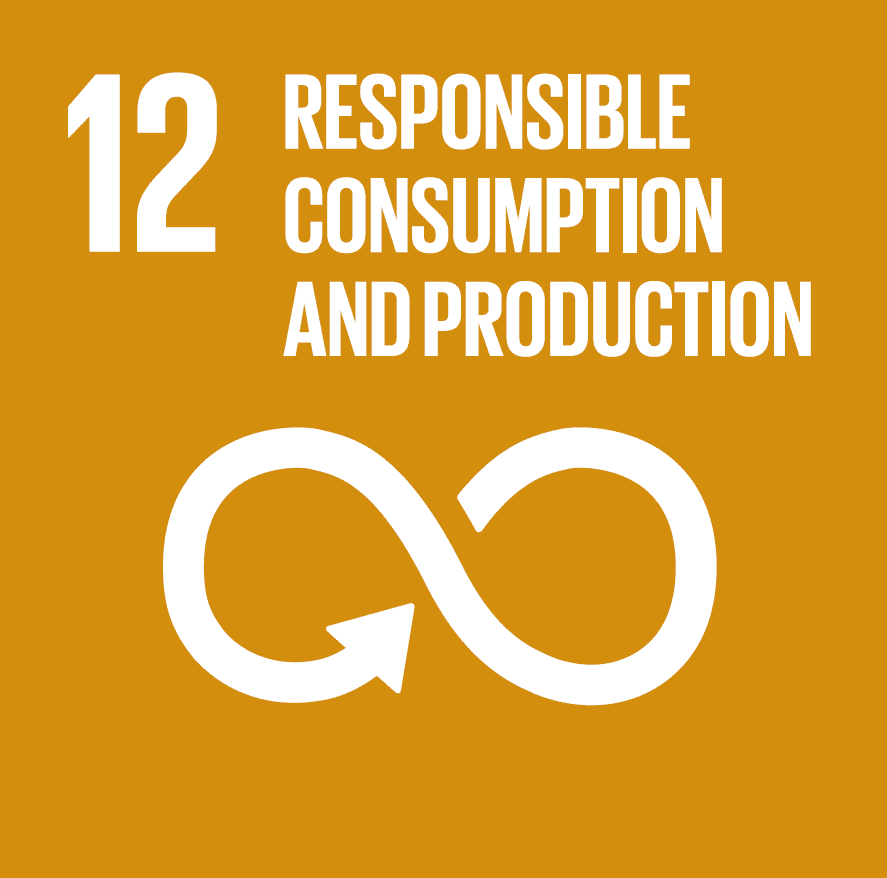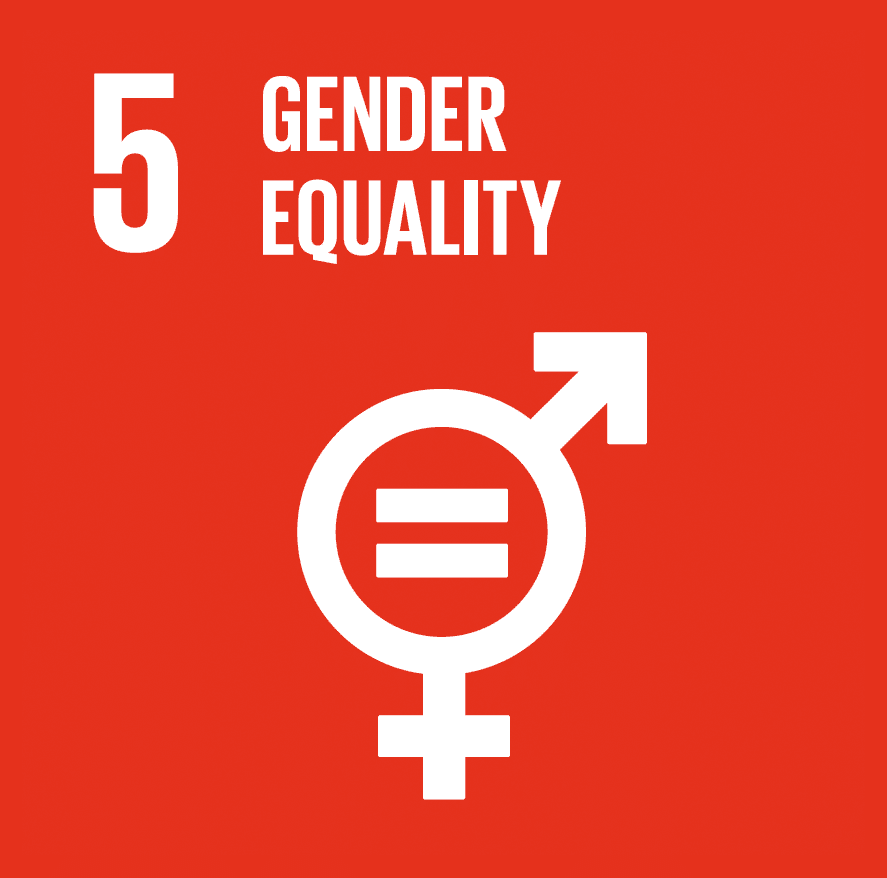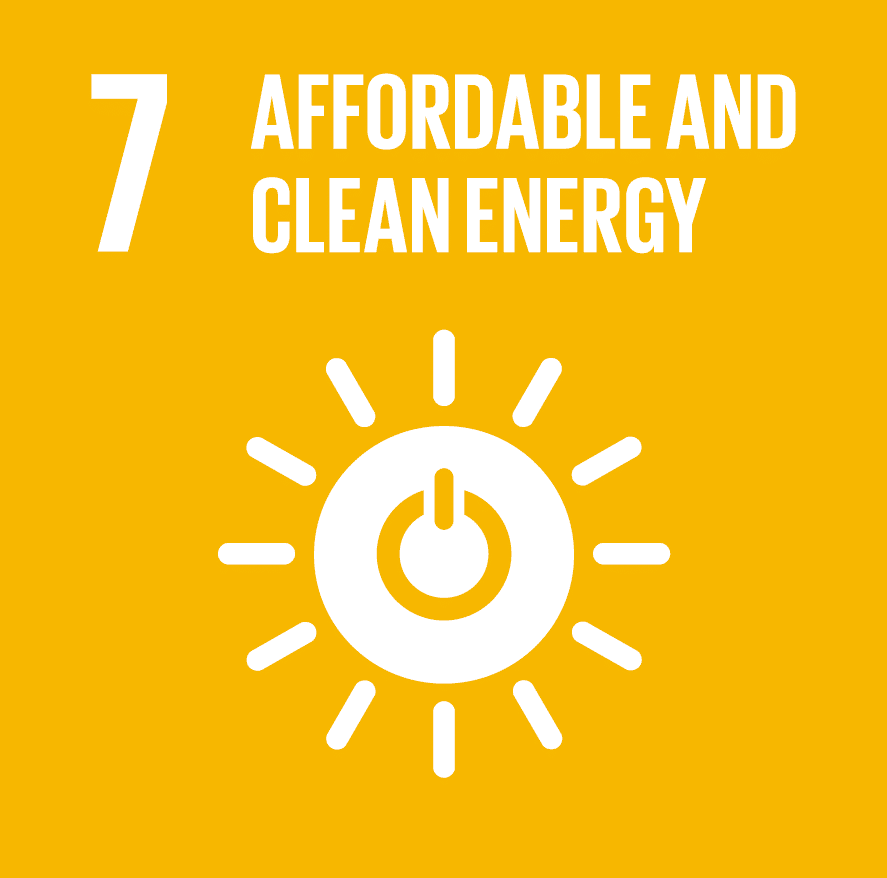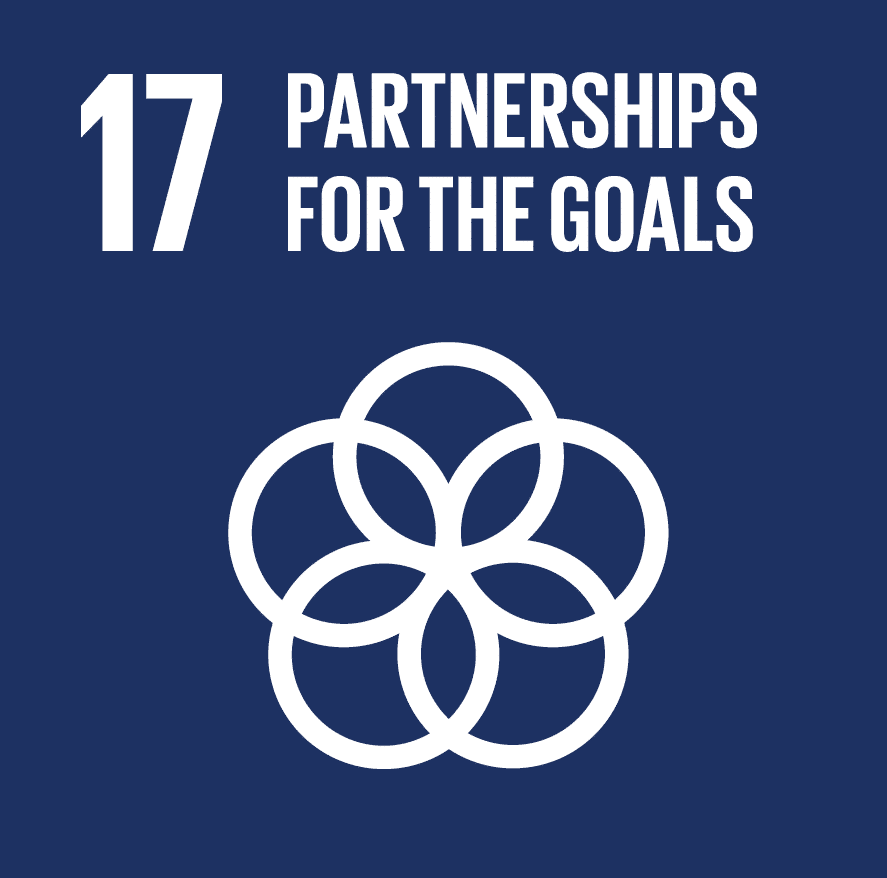-

OSHCO’s Commitment to Sustainability: A Corporate Home for All
Olayan Saudi Holding Company (OSHCO) is The Olayan Group’s...
-

Towards a more responsible industry
Sime Darby Plantation’s journey to stop deforestation and raise...
-

TD Bank Group | Aligning to the UN SDGs
Amongst financial institutions, there is much talk of the need for...
-

Powering The Future
In 2011, disaster struck the Tennessee Valley as one of the worst...
-

Shaping a better maritime future with Anglo-Eastern
Anglo-Eastern is a firm believer in leading with integrity and...
-

Firmenich: Leading Inclusive Growth for People, Planet & Society
Founded in Geneva, in 1895, Firmenich is the world’s largest...
-

Making buildings healthier
The VELUX Group helps create healthy and comfortable living...
-

BCG: Partnering for the Goals
As a global firm working with business, governments, and the social...
Regenerating large-scale ecosystems with substantial and sustained benefits for the planet
Zulu Forest Sciences has developed a software platform for regenerating large scale ecosystems with substantial and sustained benefits for planet, people and profit.
One third of land is degraded or degrading worldwide. Landscape restoration is a proven, scalable and essential part of the solution to tackle the triple crises of climate change, biodiversity loss and water regulation. But the supply of sustainable high-impact land restoration projects is extremely limited.
Natural carbon removal projects make up only 4% of projects on the Voluntary Carbon Market today and are nowhere near sufficient to meet the commitments of corporations and nations to achieve carbon net-zero. There is a $1tr unmet demand for large scale, high impact, financially viable carbon removal projects.
“What we need to do is stop seeing nature as this unlimited resource that we can continually exploit and start to see it as a finite resource where we have to find a new balance.”
Edward Asseily, the CEO, Zulu Forest Sciences
The cost of inaction rises every day. In addition to drastic greenhouse gas reduction and forest conservation, we must work fast to restore degraded landscapes and sequester carbon. The stakes in land use change are high, the issues are complex, and expertise is limited, all of which slow action and constrain supply.
Zulu Forest Sciences is solving for that.
Using Technology to Restore Nature
To accelerate the deployment of landscape-scale restoration projects, technology is a key enabler.
ZFS knows that land stewards will champion restoration when they can see for themselves the potential ecological, social and financial returns. Zulu Forest Sciences provide them clear and actionable insights to evaluate those natural capital opportunities, and partner with them to make land regeneration a reality.
“The Zulu Forest’s platform is a vehicle that we created in order to be able to evaluate huge pieces of land in near to real time. ”
Shen Neville Clark, Head of Operations, Zulu Forest Sciences
Their multidisciplinary team has built a state-of-the-art platform that equips stakeholders with the actionable insights to unlock value from their natural capital, such as through reforestation, peatland and other habitat restoration.
These spatialised insights are crucial when planning and executing large-scale interventions, and foster strong partnerships between landowners, stakeholders and local communities to align interests and ensure long-term impact.
The platform’s analytics provide a high level of clarity and confidence about the potential outcomes before moving forward with a project. Once feasibility is established, further validation is obtained through ground truthing and ecological surveys.
The platform can analyse 16 hectares per second, drastically reducing the time to derisk and deploy large-scale restoration. ZFS sources and structures optimal restoration projects at any scale in real time. It integrates best practice across a range of scientific disciplines and provides in minutes the insights that would take months of manual work by teams of specialists.
Reforestation Done Right
It is not just about planting trees but creating resilient ecosystems. ZFS’s solution catalyses land restoration at the scale required to meet the needs of companies seeking to manage their carbon liabilities and procure significant credit volumes upstream, while generating sustainable co-benefits for biodiversity and communities. ZFS is confident that optimal outcomes are achievable, which deliver a win-win-win for all stakeholders.
By taking a radical new approach to landscape restoration, ZFS has an ambitious 2030 vision to transform the natural capital market by catalysing the restoration of 100 million hectares of degraded land globally.
These articles are produced by TBD Media group















































